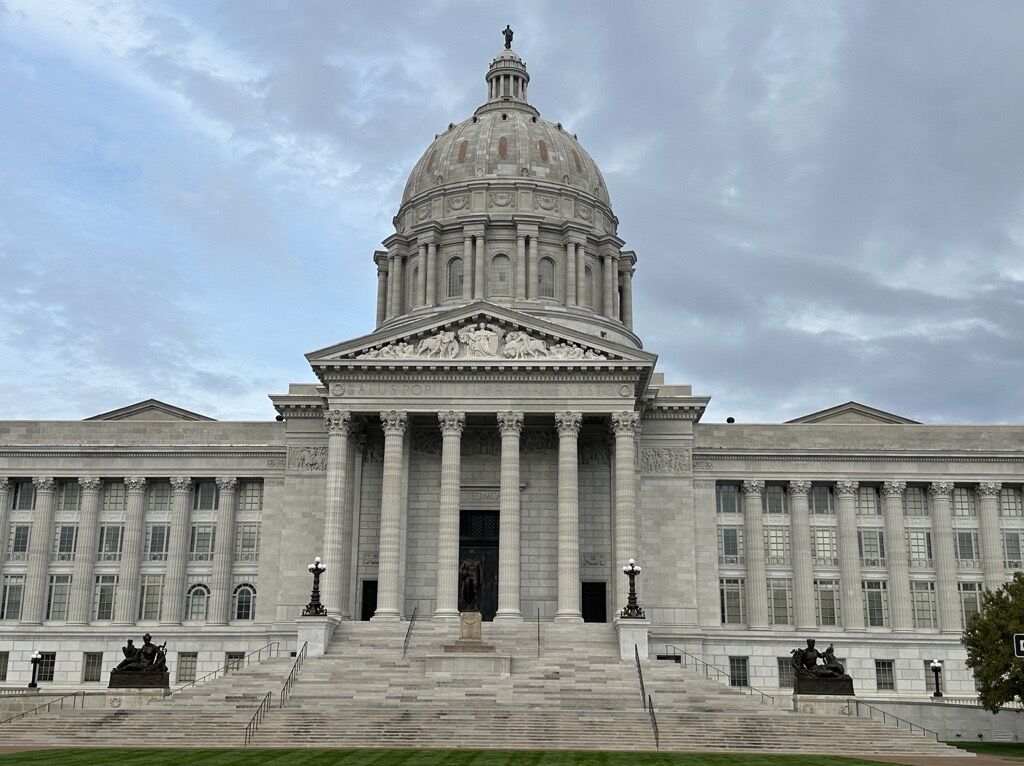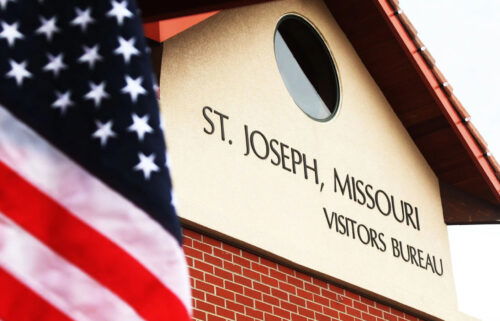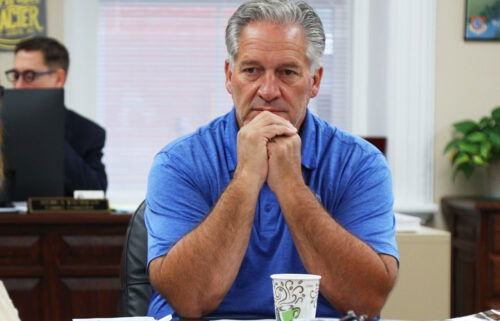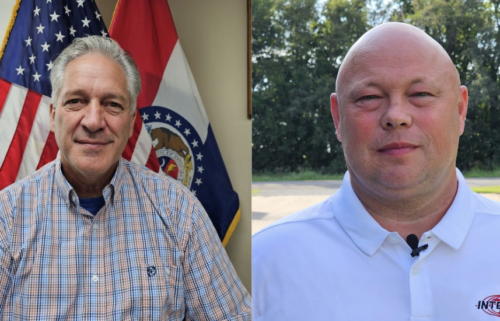Missourians vote ‘no’ to exempt child care centers from taxes

By Leah Rainwater
Missouri residents shot down a tax exemption measure for child care centers on Tuesday, with nearly 55% of voters rejecting Amendment 1.
This amendment, also known as Senate Joint Resolution 26, would have allowed the General Assembly to exempt all real and personal property taxes from child care facilities throughout Missouri.
Roughly 45%, or more than 490,000 Missouri voters, were in favor of the amendment, but a majority of 592,900 chose “no” on the ballot.
In Buchanan County, 47% of voters approved the amendment, and 52% rejected it.
Brandy Bumphrey is the director and manager of Country Kids Learning Center in Savannah, Missouri, where over 58% of voters in Andrew County voted “no” for the amendment.
This measure was something she was hoping would be approved during the election.
“It’s disappointing,” Bumphrey said. “It would’ve been just a little bit of extra help. You know, something that not only would’ve helped the day cares, but the families that have kids that go to day care.”
Bumphrey said the measure would’ve helped keep the overhead costs of running day cares low, so that facilities wouldn’t have to resort to raising rates.
It also would’ve helped Bumphrey improve her facility and provide more resources for children and parents.
“That little bit saved could’ve definitely been beneficial,” Bumphrey said. “It could’ve been used for things that need addressed and now that money’s tied up again.”
In terms of solutions, Bumphrey said there’s not a lot out there to go on when it comes to financial help.
“I don’t know what solutions are out there. Definitely something needs to be looked at to help child care facilities in terms of cutting costs, or some type of assistance,” Bumphrey said. “We can only pay our staff so much because we can only collect so much from the parents. We don’t want them to feel like they’re only working to pay child care, but in reality, most child care providers barely make a living wage.”
Bumphrey said she believes the amendment was rejected by the state because a lot of people might not have to rely on child care.
“I feel like those who don’t have to rely on child care find it hard to put themselves in other people’s shoes,” Bumphrey said. “Maybe they don’t see why one business or one industry should be exempt and others aren’t. But I think that plays a lot into it sometimes, just not understanding the bigger picture and not only how that would’ve helped the child care provider, but, like I said, in the long run, it helps the parents.”



